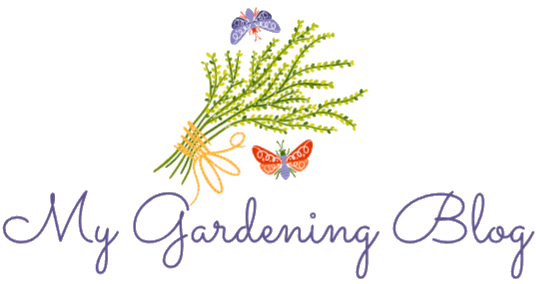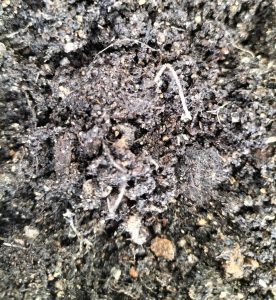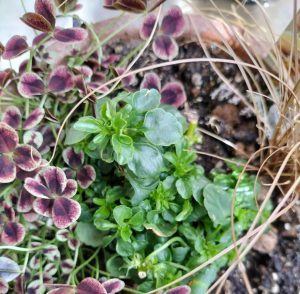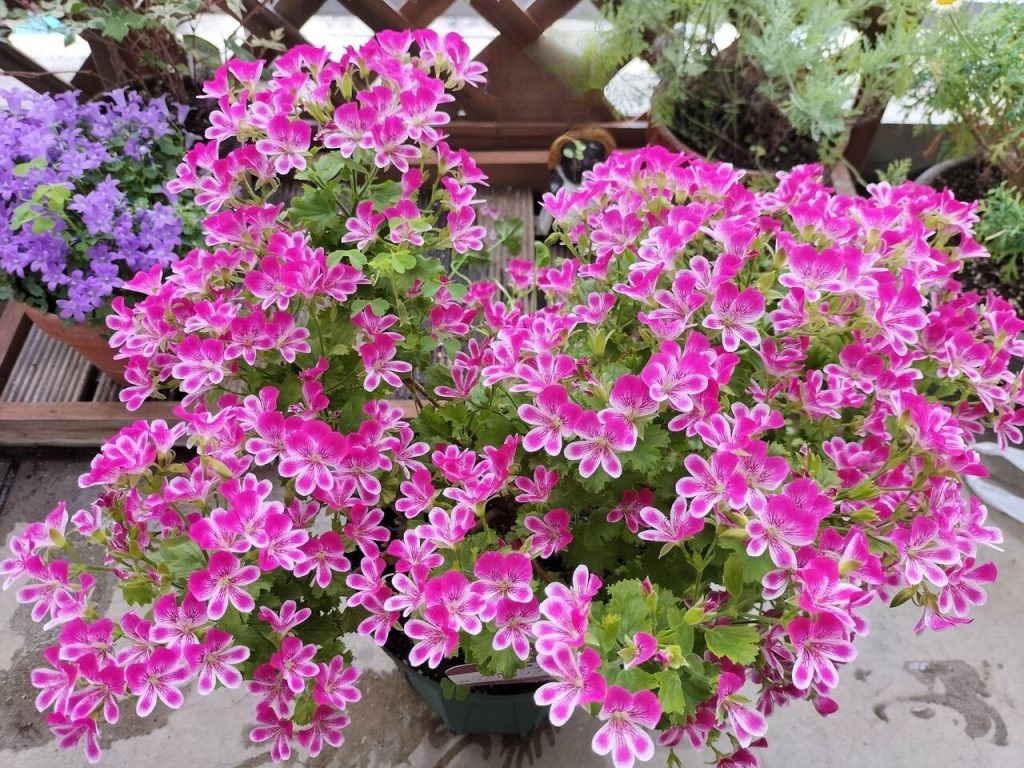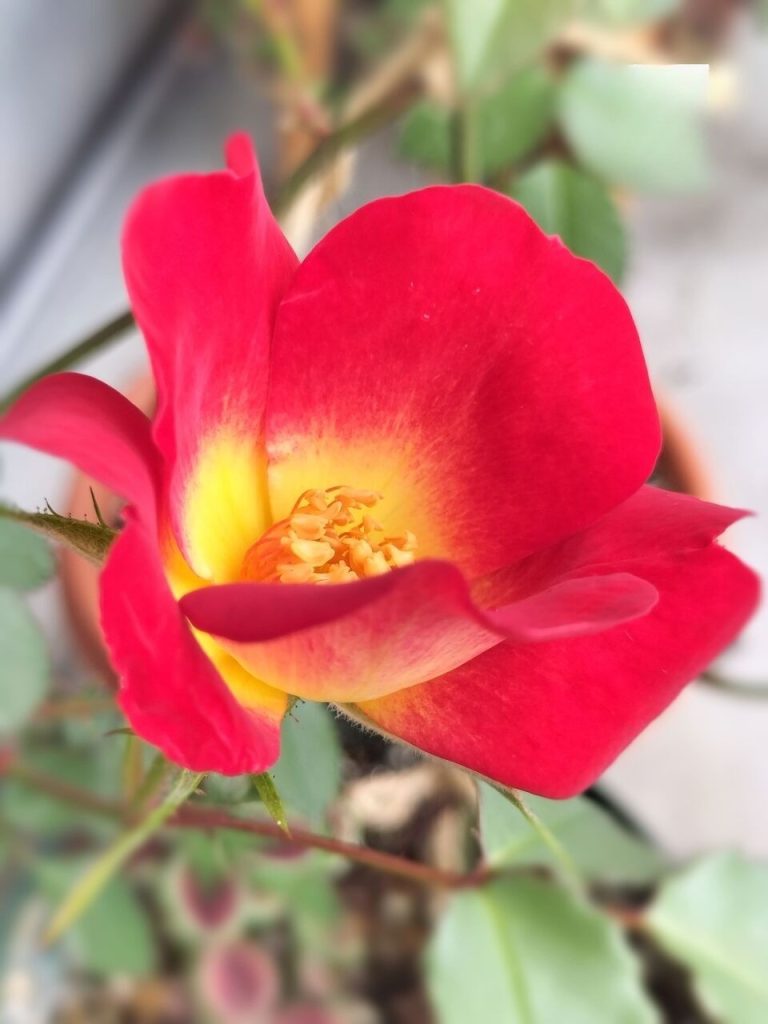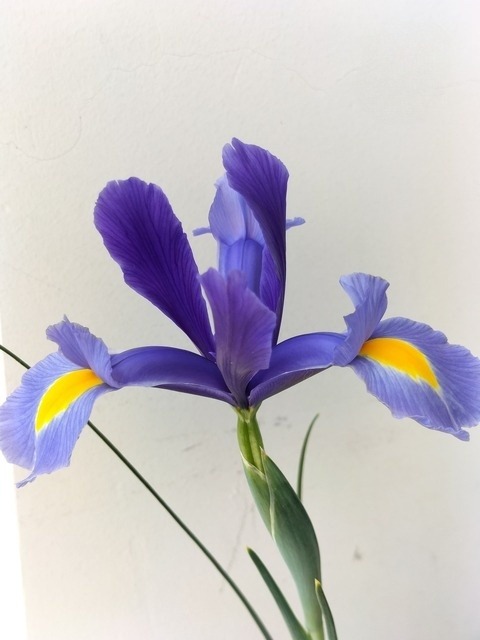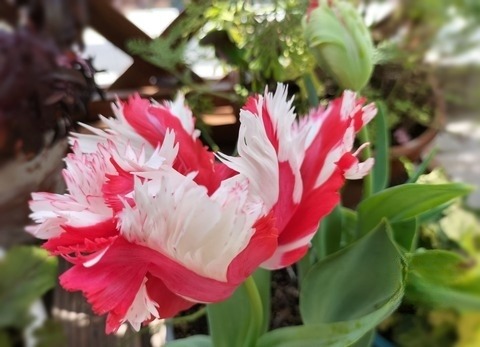Natural cultivation gardening: Relationship with insects ①
It’s been about 4 months since I started gardening on my balcony, which is natural cultivation without fertilizers or pesticides.
This is the time when there is least insect damage, but I’d like to keep an eye on what it looks like.
First up is the Antique Viola Frosted Chocolate Premium, which I previously wrote about.
Although it wasn’t like that for a while after I planted it,
Due to the warm winter, the plants had grown a lot, and I thought they looked tired, but I found that they had aphids on them.
The above article is a quick and easy answer.
Afterwards, I looked at the situation and found that although the plant itself seemed healthy, the number of aphids had increased.
I wasn’t sure what to do, but I decided to sprinkle Ortolan Blue only on this plant, hoping to see the beautiful flowers one more time before the aphids eat them all up.
Then, it was amazing. He disappeared in an instant.
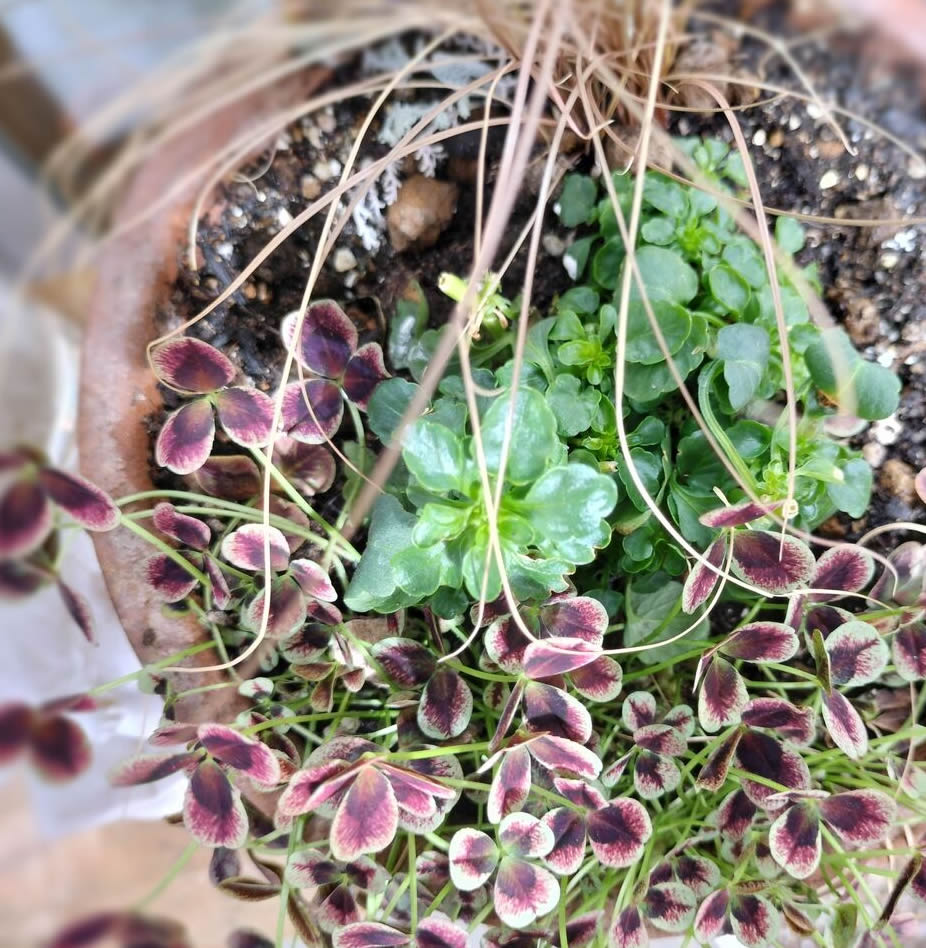
Natural cultivation is best after all, so I hope the stock recovers while the medicine takes effect.
If possible, I don’t want to give anything else away.
They are still quite small, but I hope they will grow rapidly as the temperature rises from spring.
Next is the Christmas rose.
I bought this plant the year before last after it bloomed, let it bloom last year, and I haven’t used any fertilizer since the summer, and I haven’t given it any pesticides since the fall.
Now it looks like this, and the number has increased to 6-7.
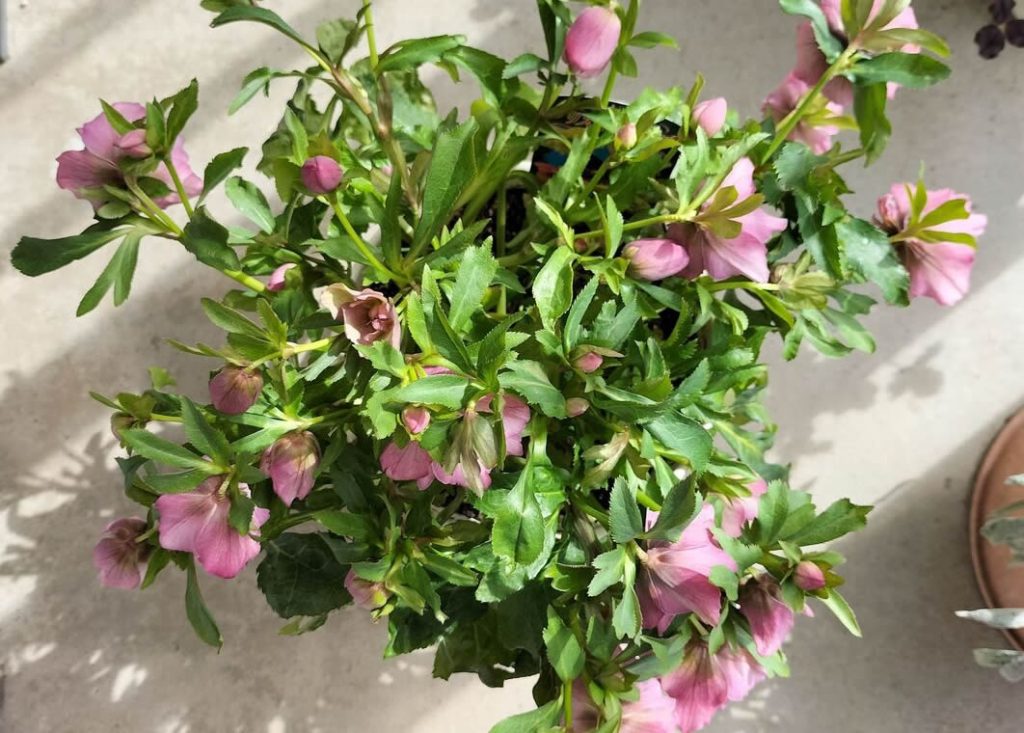
The first flowers this year were smaller than last year’s, and I thought it was because I didn’t use fertilizer, but some larger flowers appeared.
It doesn’t seem to matter whether fertilizer is used or not?
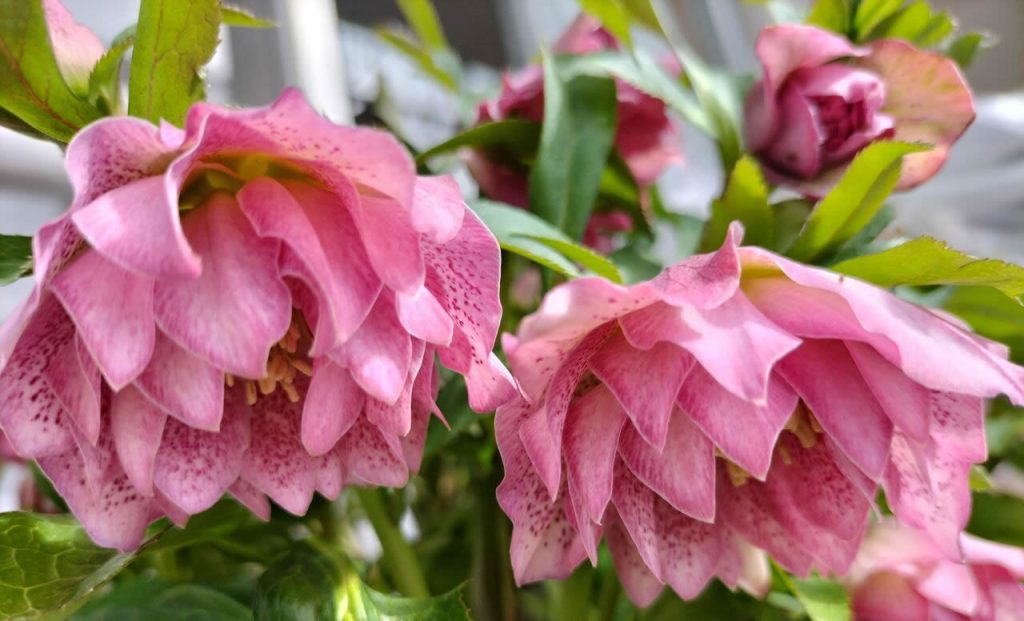
When I took a closer look at the plant in early February, I was surprised to find that there were a lot of aphids attached to the base of the brim, as there had been no damage up until then.
I wondered what to do about this as well, so I removed only the parts I could see by hand.
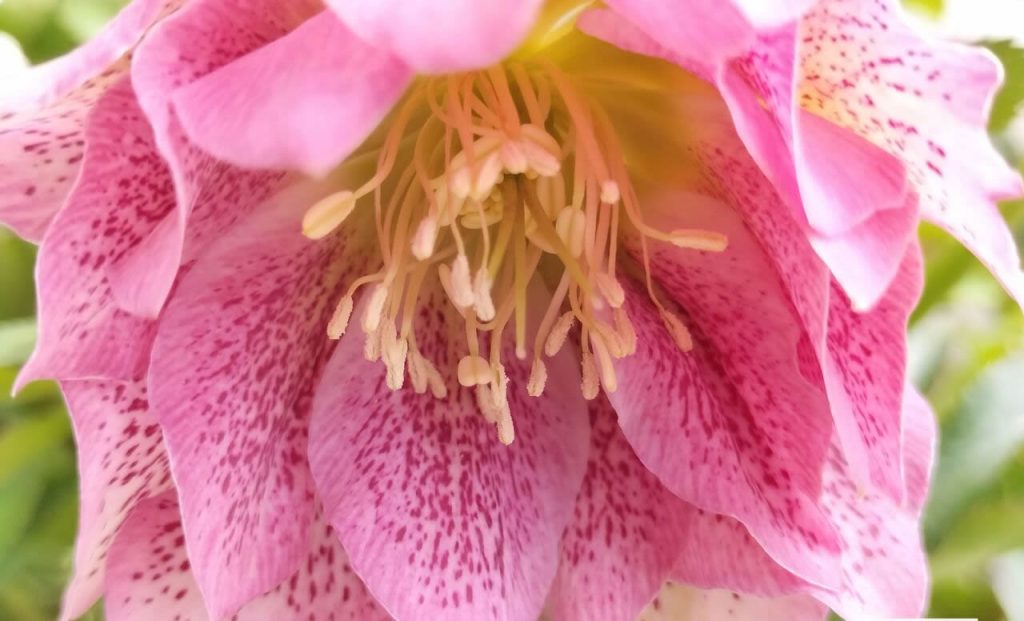
Later, when I was looking at other Christmas roses, I noticed that they had cut off a lot of their leaves.
I took the plunge and did it quickly, and I haven’t seen any aphids since.
Apparently it was too crowded.
I’m planning to divide the stock in March, and I think I’ll feel more refreshed and energetic after that.
I don’t have any fertilizer after flowering this year, so I wonder what will happen next year.
I want to grow them without using pesticides as much as possible, and I feel like there’s something wrong with trying to get rid of insects.
If something doesn’t work out, it might be necessary to decide that it’s no good and doesn’t suit us.
But I think that impatience is the worst thing to do when it comes to things like this, and it’s important to take a long-term view.
In fact, that may be the only trick…I want to continue observing.
